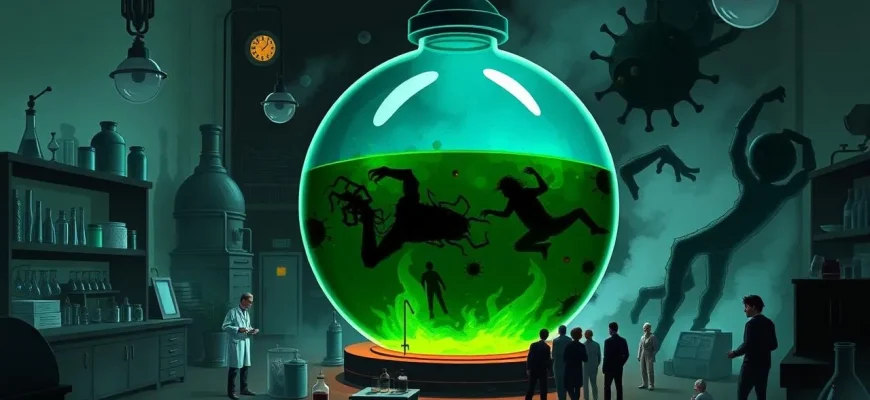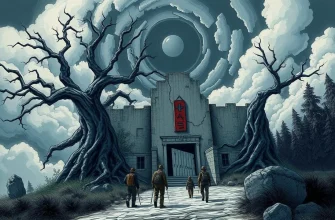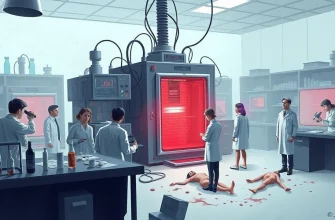The theme of biological weapons in horror films taps into one of humanity's deepest fears: the unknown and uncontrollable spread of deadly diseases or mutations. This curated list of films delves into various scenarios where biological agents are weaponized, showcasing the potential for chaos, the fragility of human life, and the ethical dilemmas of scientific advancements. From classic tales to modern thrillers, these movies not only entertain but also provoke thought on the implications of biological warfare.
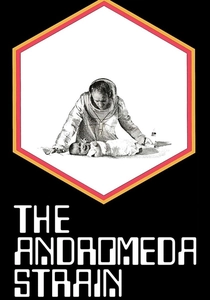
The Andromeda Strain (1971)
Description: Based on Michael Crichton's novel, this film follows a team of scientists investigating a deadly alien microorganism brought back to Earth, which could be interpreted as a biological weapon from space.
Fact: The film was one of the first to use computer graphics for its title sequence. It also features a real-life scientist, Dr. Jeremy Stone, as a character.
 Watch Now
Watch Now
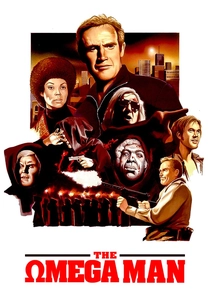
The Omega Man (1971)
Description: In this adaptation of Richard Matheson's "I Am Legend," a biological weapon has turned most of humanity into light-sensitive mutants. The film focuses on the last man immune to the virus.
Fact: Charlton Heston, who stars as the protagonist, also starred in the original 'Planet of the Apes,' another film dealing with post-apocalyptic themes.
 Watch Now
Watch Now
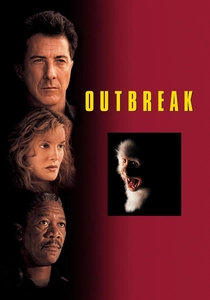
Outbreak (1995)
Description: This film centers on a deadly virus, possibly engineered as a biological weapon, that escapes from Africa and threatens to become a global epidemic. It showcases the race against time to find a cure.
Fact: The film was inspired by real events like the Ebola outbreak in
 Watch Now
Watch Now
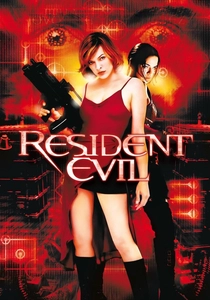
Resident Evil (2002)
Description: While primarily known for its zombie apocalypse, the 'Resident Evil' series deals with the Umbrella Corporation's bioweapons, including the T-virus, which turns people into zombies.
Fact: The film was not directly based on the video game series but rather inspired by it, leading to some creative liberties with the storyline.
 Watch Now
Watch Now
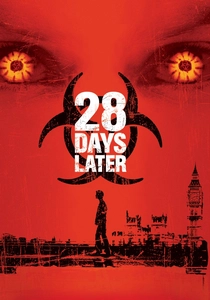
28 Days Later (2002)
Description: A virus that turns people into aggressive, zombie-like creatures is accidentally released from a lab, possibly as a result of bioweapon research gone wrong. The film explores the aftermath in a post-apocalyptic London.
Fact: The film was shot on digital video, giving it a raw, documentary feel. It also popularized the concept of "fast zombies" in horror cinema.
 Watch Now
Watch Now
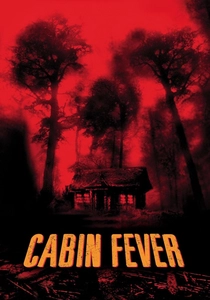
Cabin Fever (2002)
Description: While not explicitly about biological weapons, the film deals with a flesh-eating virus that could be interpreted as a result of bioweapon experimentation. A group of friends vacationing in a remote cabin face horrifying consequences when they encounter the virus.
Fact: Eli Roth, the director, was inspired by real-life incidents of flesh-eating bacteria. The film's ending was changed for the theatrical release, with the original, more gruesome ending restored in the director's cut.
 Watch Now
Watch Now
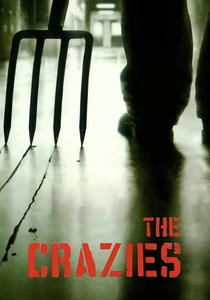
The Crazies (2010)
Description: In this remake of George A. Romero's 1973 film, a small town's water supply is contaminated with a biological weapon, turning residents into violent lunatics. The film captures the panic and desperation as the military tries to contain the outbreak.
Fact: The film was shot in Iowa, using real towns to enhance the realism of the setting. The original 1973 film was one of Romero's lesser-known works but has gained a cult following over time.
 Watch Now
Watch Now
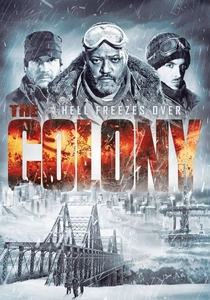
The Colony (2013)
Description: Set in a post-apocalyptic world where survivors live underground due to a biological weapon that has frozen the Earth's surface, this film explores the struggle for survival against both the environment and each other.
Fact: The film was shot in a real abandoned mine in Ontario, Canada, adding to its claustrophobic atmosphere. It also features Laurence Fishburne, known for his roles in science fiction films.
 Watch Now
Watch Now
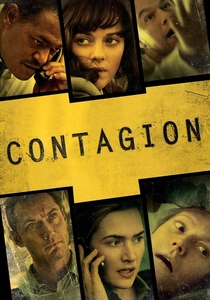
Contagion (2011)
Description: Although more of a medical thriller, 'Contagion' explores the rapid spread of a deadly virus, which could be seen as a biological weapon. The film meticulously details the global response to the outbreak, making it a chillingly realistic portrayal.
Fact: The film was praised for its scientific accuracy, with input from the CDC and other health experts. It was released during a time when there was growing concern about pandemics, eerily predicting real-world events.
 Watch Now
Watch Now

The Satan Bug (1965)
Description: This classic thriller involves a scientist who steals a deadly virus from a secret lab, threatening to unleash it unless his demands are met, showcasing the terror of biological weapons in the Cold War era.
Fact: The film was based on a novel by Alistair MacLean, known for his espionage thrillers. It was one of the first films to deal with the concept of biological terrorism.
 30 Days Free
30 Days Free

